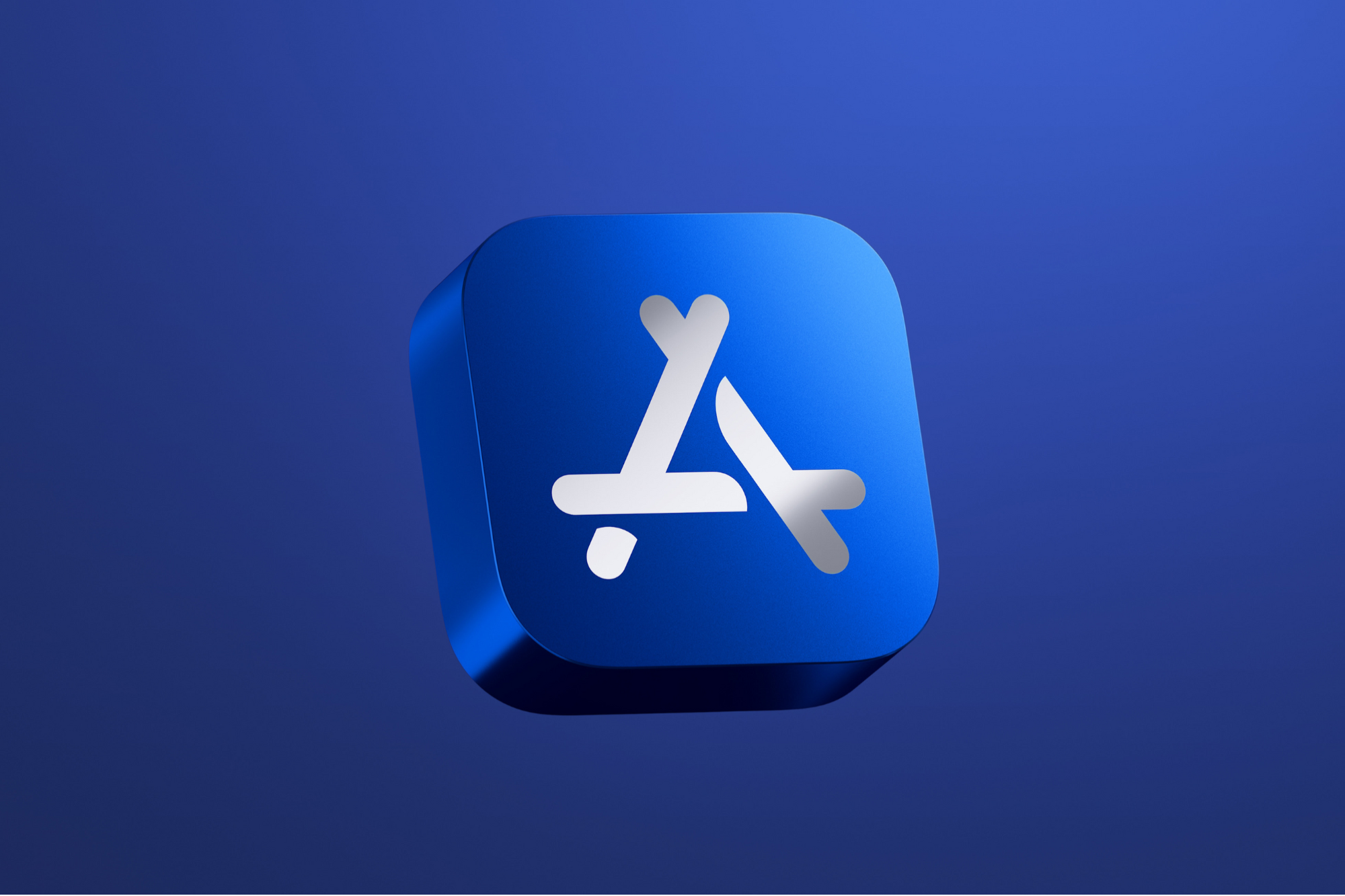Apple's Anti-NFT, Blockchain, and DLT App Store Policies Launch Lawmaker Probe United States Representatives Gus Bilirakis and Jan Schakowsky highlighted the tech giant's guidelines that prioritise its profitability and diminish the utility of such applications. They particularly mention cases related to Coinbase and Axie Infinity.
You're reading BIZ Experiences India, an international franchise of BIZ Experiences Media.

United States Representatives Gus Bilirakis of the Republican Party and Jan Schakowsky of the Democratic Party have penned an official letter raising their concerns about Apple's App Store policies pertaining to emerging technologies such as non-fungible tokens, blockchain, and distributed ledger technologies.
Today, I sent a bipartisan letter to @Apple regarding iOS App Store policies and their impact on emerging technologies like blockchains and NFTs. Congress must understand if Apple's policies are limiting innovation and American technological leadership.
— Gus Bilirakis (@RepGusBilirakis) July 28, 2023
Full letter below: pic.twitter.com/Sda7qtEaql
The duo highlighted the tech giant's guidelines that prioritise its profitability and diminish the utility of such applications. They particularly mention cases related to Coinbase and Axie Infinity.
In December 2022, Coinbase, the cryptocurrency exchange platform, accused Apple of forcing them to remove NFT transfers from its Wallet app on iOS. "For anyone who understands how NFTs and blockchains work, this is clearly not possible. Apple's proprietary In-App Purchase system does not support crypto so we couldn't comply even if we tried. The biggest impact from this policy change is on iPhone users that own NFTs - if you hold an NFT in a wallet on an iPhone, Apple just made it a lot harder to transfer that NFT to other wallets, or gift it to friends or family. Simply put, Apple has introduced new policies to protect their profits at the expense of consumer investment in NFTs and developer innovation across the crypto ecosystem," shared the exchange in a series of threads on X (formerly Twitter).
Last week, Apple was slammed by a lawsuit worth USD 1 billion for similar reasons. The lawsuit was brought by more than 1,500 app developers in the UK over App Store fees. A commission of 15-30 per cent is levied on some app makers for the use of an in-app payment system.
Previously, Apple came under fire for being biased against competitors such as Spotify (direct rival to Apple Music) and Netflix (direct competitor to Apple TV Plus).
"It is essential that Congress fully understand the App Store Guidelines and the extent these guidelines limit innovation and American technology leadership. Apple's support of innovative new technologies such as blockchains, NFTs, and other distributed ledger technologies could solidify American leadership of these technologies," read the formal letter.
They've also requested responses to its 21 questions, including 1. Does Apple plan to build apps using blockchain or related technologies?, 2. How are App Store reviews prioritized? Does the App Store review process prioritize apps that support in-app purchases?, and 3. Has Apple explored how the "secure element" could be used to enable blockchain innovation and the security of user's information?












